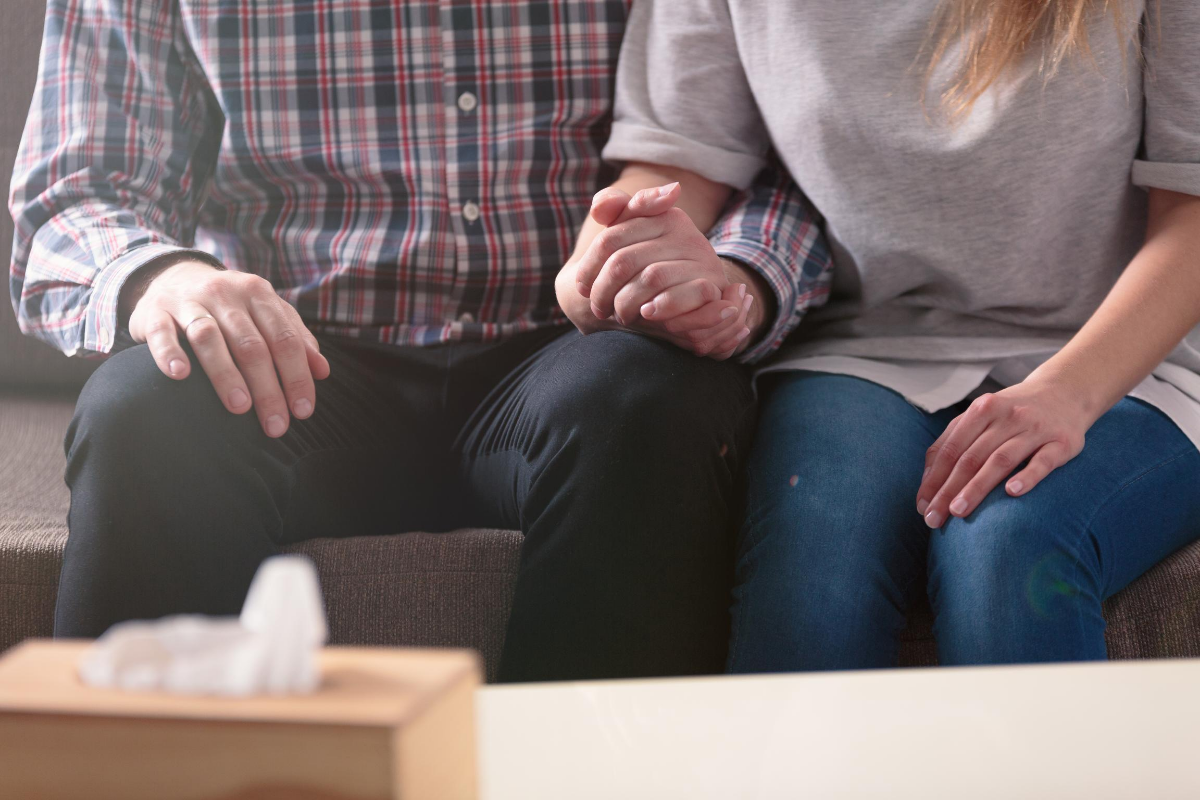
Blog: Hospice & Palliative Care Insights - August 2020

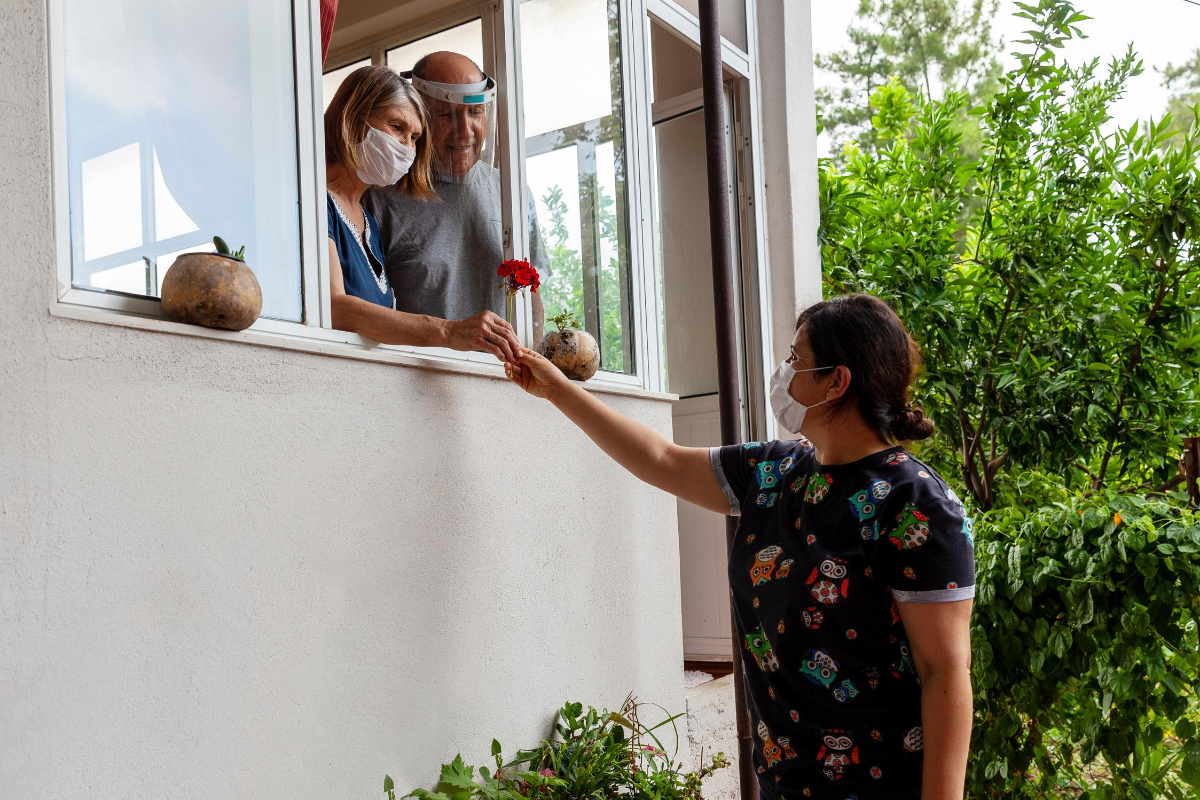
Pandemic Precautions for Caregivers
The COVID-19 pandemic has changed the way people do just about everything. Those caring for seniors with chronic or terminal illnesses are no exception – especially considering that seniors are at much greater risk to serious illness from the virus.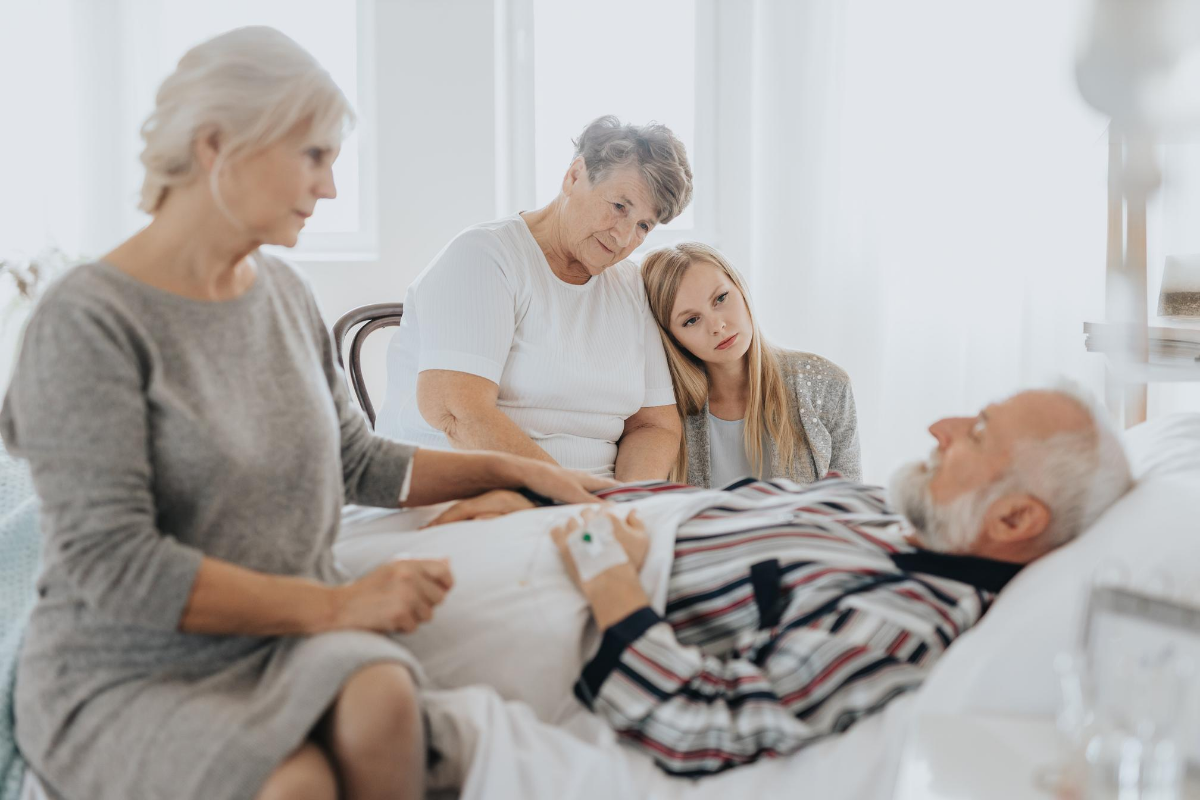
How to Prepare for the Loss of a Loved One
When a loved one is diagnosed with a terminal illness, you may begin mourning their loss before the person actually dies. This anticipatory grief can be the hardest part of losing a loved one, knowing this person you love will soon slip away from you.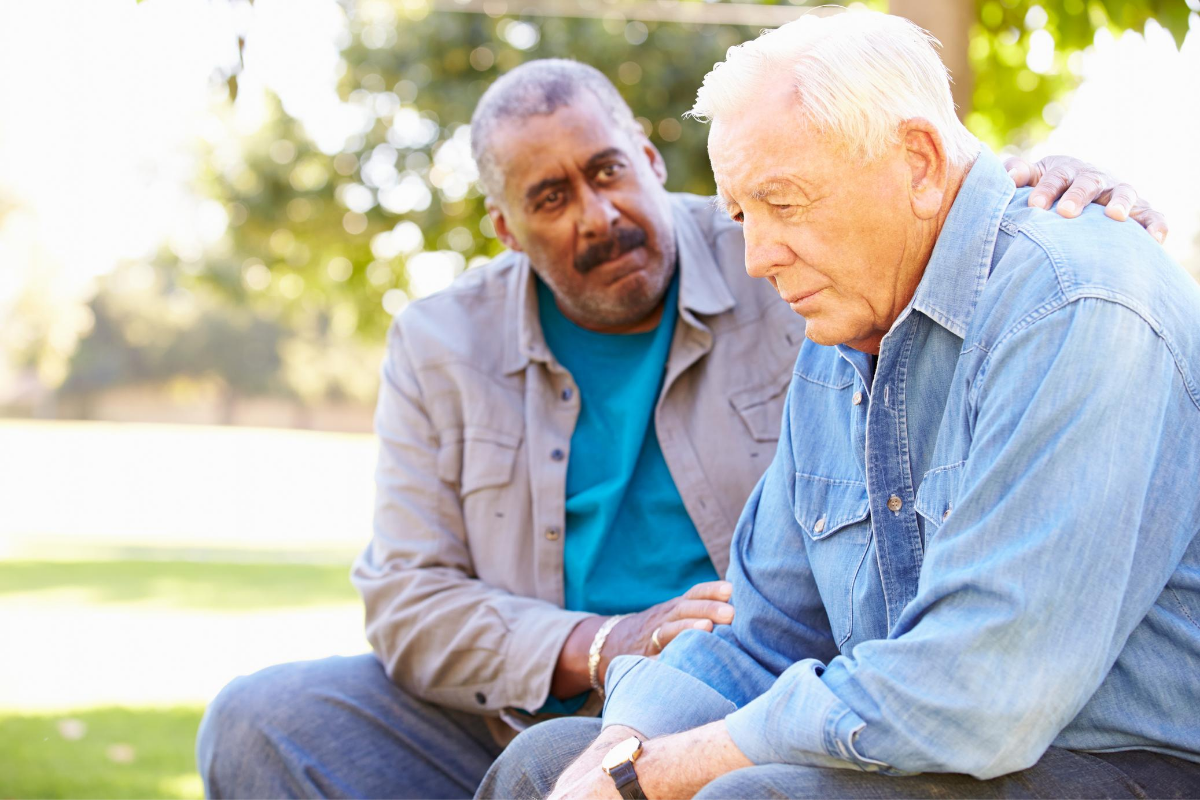
Signs You Need Grief Support
"The reality is that you will grieve forever. You will not 'get over' the loss of a loved one; you will learn to live with it. You will heal and you will rebuild yourself around the loss you have suffered. You will be whole again but you will never be the same. Nor should you be the same nor would you want to." — Elisabeth Kubler-Ross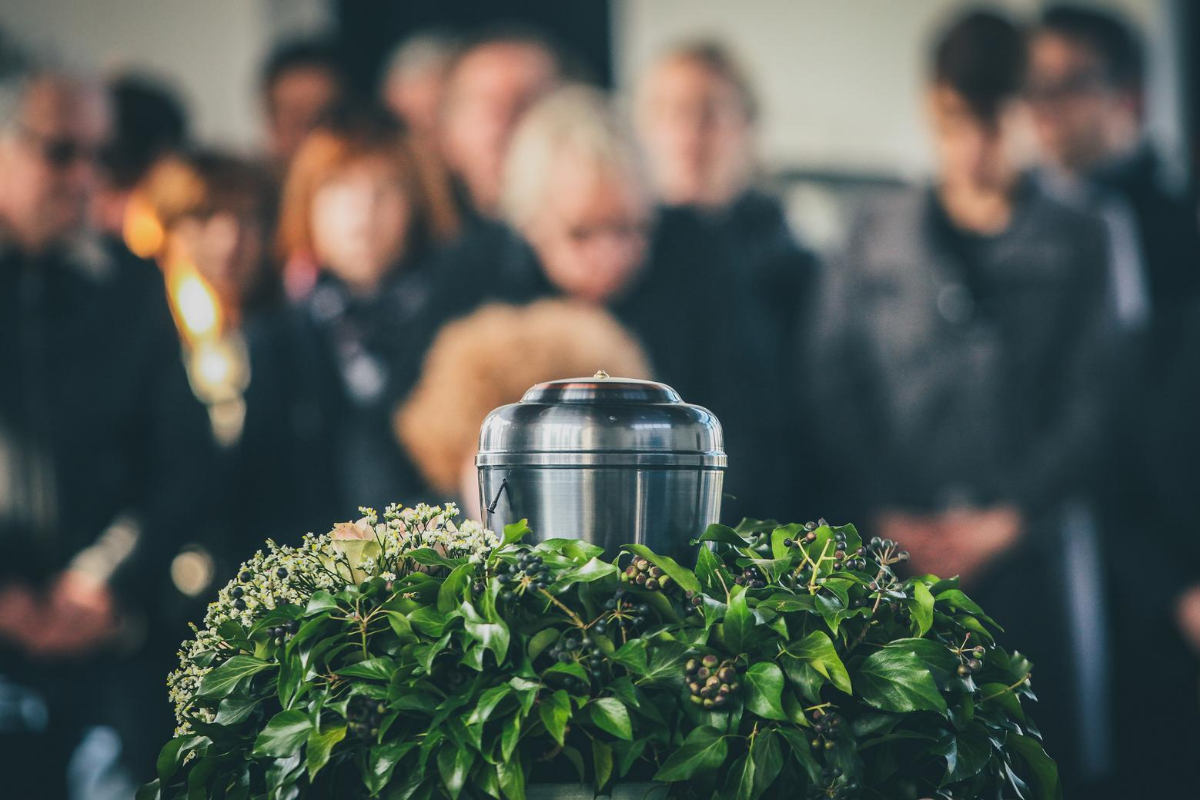
5 Ways to Know Your Loved One Had a “Good Death”
When a loved one has died, it’s natural to want to know if they had – what some people call – a “good death.” But what is a good death? This is going to mean different things to different people. But there are five main elements to a good death that almost all people will agree on.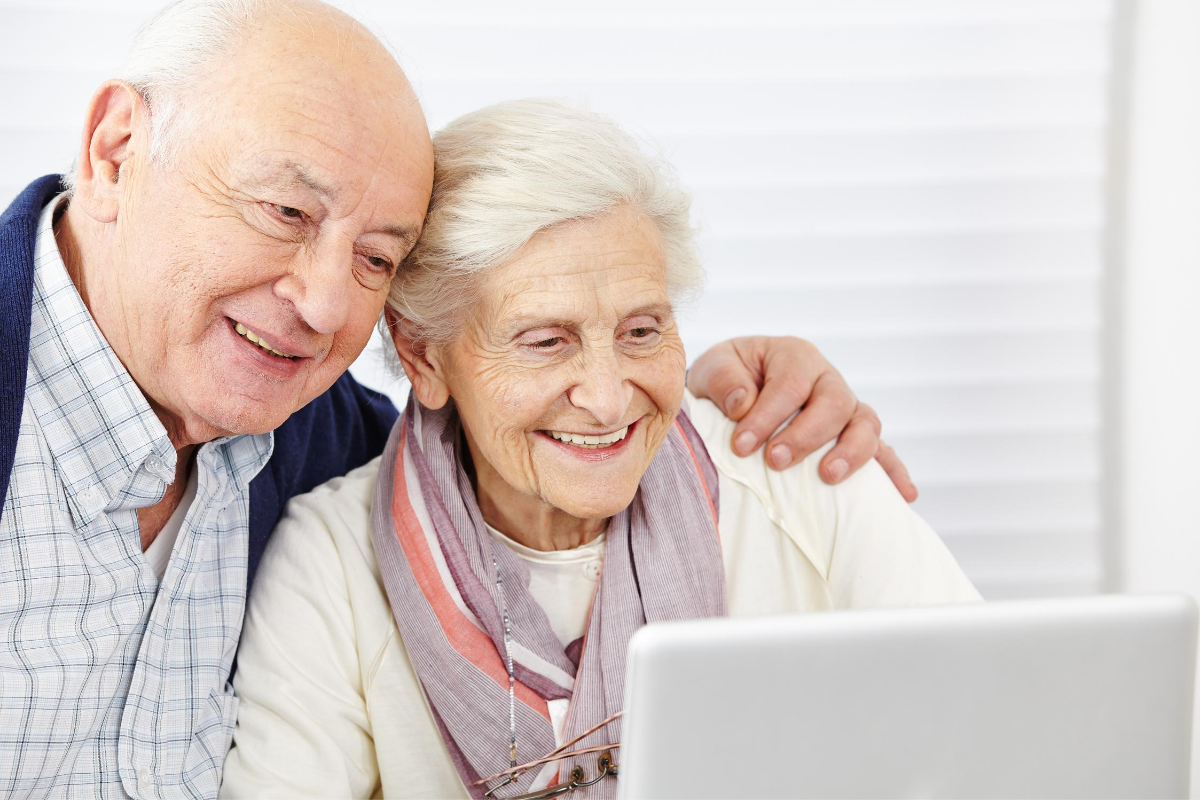
Online Privacy Tips for Seniors
Posted on August 13, 2020
Online tools are a wonderful way to keep in touch with loved ones, find information, and manage personal and professional business tasks. Since COVID-19 hit, it has become a lifeline for those of us staying safe at home. 